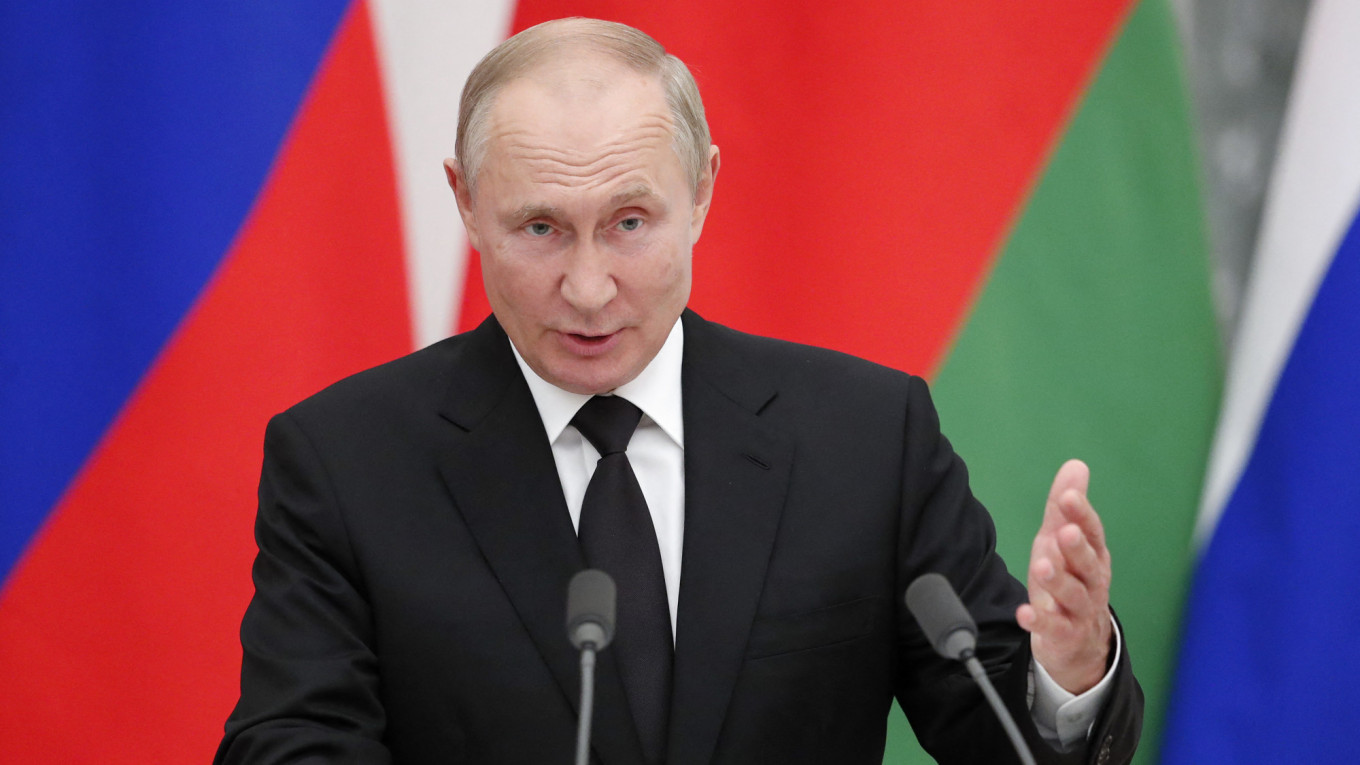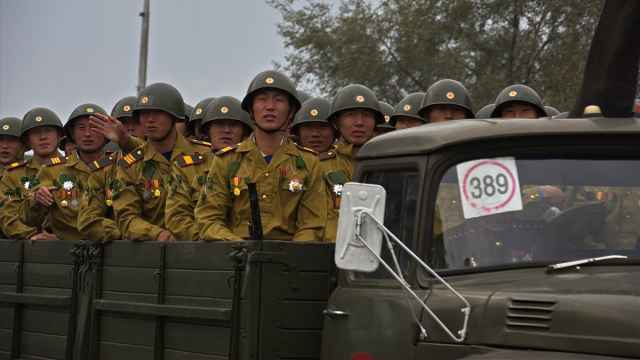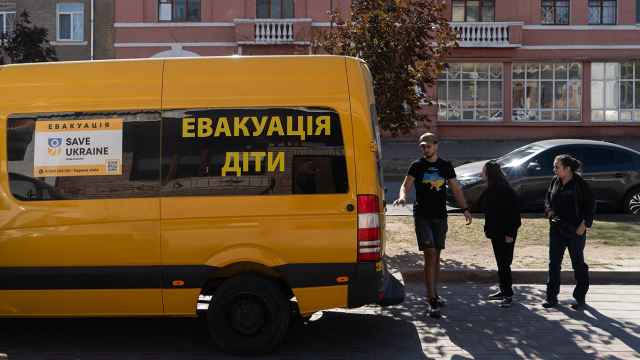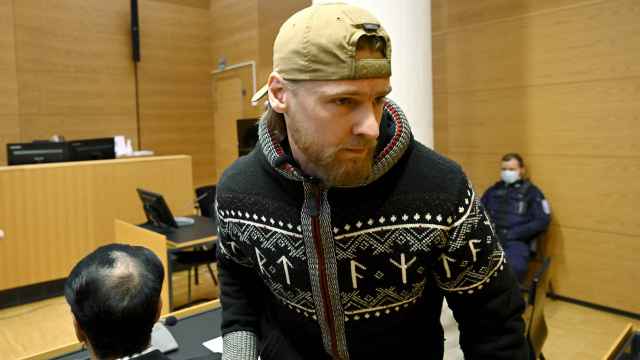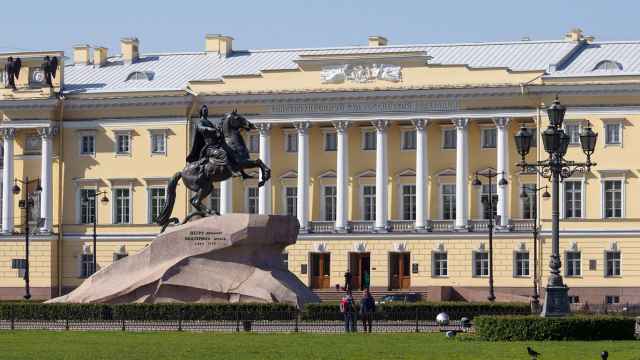Russian President Vladimir Putin and his Belarus counterpart Alexander Lukashenko on Thursday agreed on a range of economic policies aimed at integrating the two ex-Soviet countries more closely.
The pair said they had agreed on 28 programmes unifying their economies, but stopped short of discussing political integration -- thought to be long sought by Moscow, but resisted by Lukashenko.
After talks in the Kremlin, Putin said the agreements mean the countries will eventually have a unified "macro-economic policy".
The Belarus strongman -- increasingly isolated since orchestrating a ruthless crackdown on the opposition -- assured that Russia would not "swallow" his country.
The agreements are part of the implementation of a 1999 "union state" agreement that foresees the creation of a single parliament, a single currency and common state symbols.
Putin said that Belarus is a "good neighbour" that shares Russia's "history and spiritual values."
The Russian leader said that while the pair did not discuss "political integration", a deepening of political ties is foreseen in the 1999 agreement.
"We did not talk about this," Putin said, adding that it was first necessary to "create an economic base" before integrating politically.
The Kremlin has sought to deepen integration but Lukashenko, who for years relied on Moscow for cheap oil and loans, has resisted closer integration.
"Belarusians and Russians do not feel like foreigners in each other's countries," Lukashenko said.
"Together we are stronger."
The countries are about to begin the Zapad-2021 military exercises that are closely monitored by NATO, and Belarus has recently taken delivery of Russian war planes to be stationed on Belarus's border with the EU.
Putin, in power for more than 20 years, and Lukashenko, in power for nearly 30 years, have had a volatile relationship.
The two have sought to present a united front in their confrontation with the West, but their countries have also been mired in a series of political and economic disputes, particularly on energy prices.
A Message from The Moscow Times:
Dear readers,
We are facing unprecedented challenges. Russia's Prosecutor General's Office has designated The Moscow Times as an "undesirable" organization, criminalizing our work and putting our staff at risk of prosecution. This follows our earlier unjust labeling as a "foreign agent."
These actions are direct attempts to silence independent journalism in Russia. The authorities claim our work "discredits the decisions of the Russian leadership." We see things differently: we strive to provide accurate, unbiased reporting on Russia.
We, the journalists of The Moscow Times, refuse to be silenced. But to continue our work, we need your help.
Your support, no matter how small, makes a world of difference. If you can, please support us monthly starting from just $2. It's quick to set up, and every contribution makes a significant impact.
By supporting The Moscow Times, you're defending open, independent journalism in the face of repression. Thank you for standing with us.
Remind me later.


